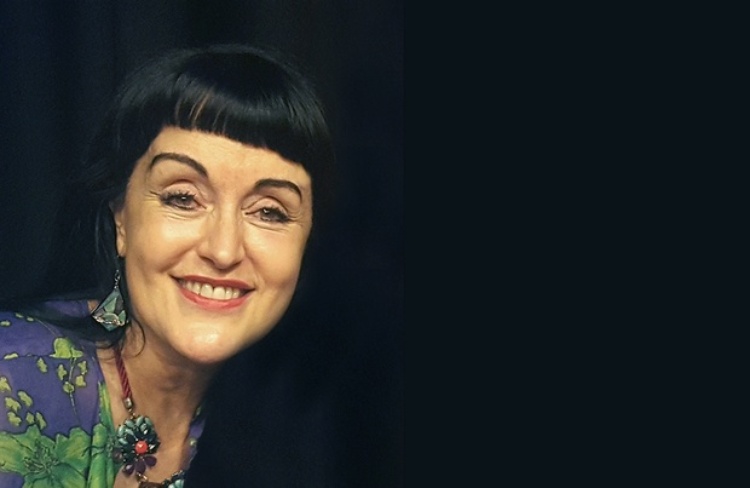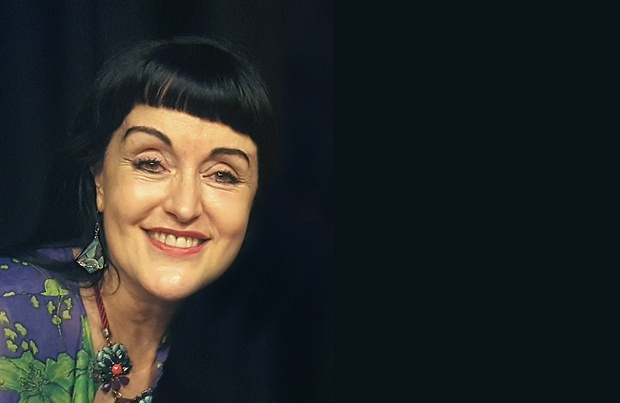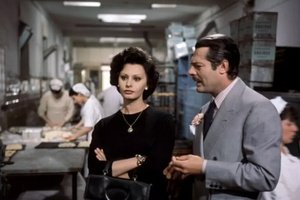She is a tireless activist, well known for her defence of indigenous, gay and multicultural communities.
An all-round overachiever, Pallotta-Chiarolli is also an award-winning researcher and writer, whose works include Tapestry and Someone You Know.
The daughter of a migrant family, she understands all too well the discrimination faced by the groups she fights for.
Her grandmother once told her:
“Men don’t want you to have an education, because if women know too much, they question every decision.”
Despite this sage advice, Pallotta-Chiarolli continues to ask the hard questions.
She often recalls images of her parents, deeply fatigued, but always optimistic; committed to imbuing their children’s lives with happiness.
“They worked at the Royal Adelaide Hospital and on their one day off, we always went out on a trip,” she says.
“They wanted to give us every joy, and to not stay at home to take care of the housework.”
Pallotta-Chiarolli’s parents were born in Benevento, in the region of Campania, and migrated to South Australia, where they surrounded themselves with fellow Italians, who also spoke their dialect.
“I was born into a working class family,” she says.
“At the hospital, my father worked as a cleaner and my mother served lunch in the canteen.
“They never abandoned the key characteristics of their own culture; in fact, my mother served heartier dishes to the nurses because, according to her culture, ‘they were too thin!’
“Of course, because of this, she was repeatedly pulled up by the supervisor.
“My father, on the other hand, was very different from the men of his generation.
“He devoted himself to cleaning and cooking, which made him an excellent husband.
“He was a kind man, and I often saw him in tears.
“When he screamed in the house, no one paid him any attention, but when my mother screamed, that’s when everyone was on high alert!”
Pallotta-Chiarolli notes that her parents have always set an admirable example for her.
“My mother has always been a true feminist,” she says.
“Even as a child, she was scolded because she wanted to ride a bike alone!”
Faced with the difficult journey of studying in an Australian primary school without fluency in English, Pallotta-Chiarolli was part of a cohort of children from multicultural families that experienced discrimination, even from their teachers.
“In primary school, we had a very arrogant Italian teacher who was originally from northern Italy,” she says.
“She called us ‘peasants’ because we came from the South.
“My peers and I thought we were Italian and we just couldn’t comprehend the differences she alluded to.
“But I rebelled and spent a lot of time attending classes from the corridor.”
Regardless of her time spent in corridors, Pallotta-Chiarolli went on to publish three novels: Tapestry, a whirlwind tale that follows five generations of women and men in her family; Someone You Know – A Friend’s Farewell, the story of an extraordinary friendship and a longing goodbye; and Love You Two, a novel that gives a voice to those in desperate search of their own destiny.
Tapestry offers an intimate insight into her family life:
“I was born in Adelaide, Australia; but the Maria that was to be, had already come into existence in the villages of the Campania region of Italy. Their names were as familiar to me as the name of my own street. I grew up as part of a tapestry, rich with the colours of many realities, woven with the threads of many places, spaces and times.”
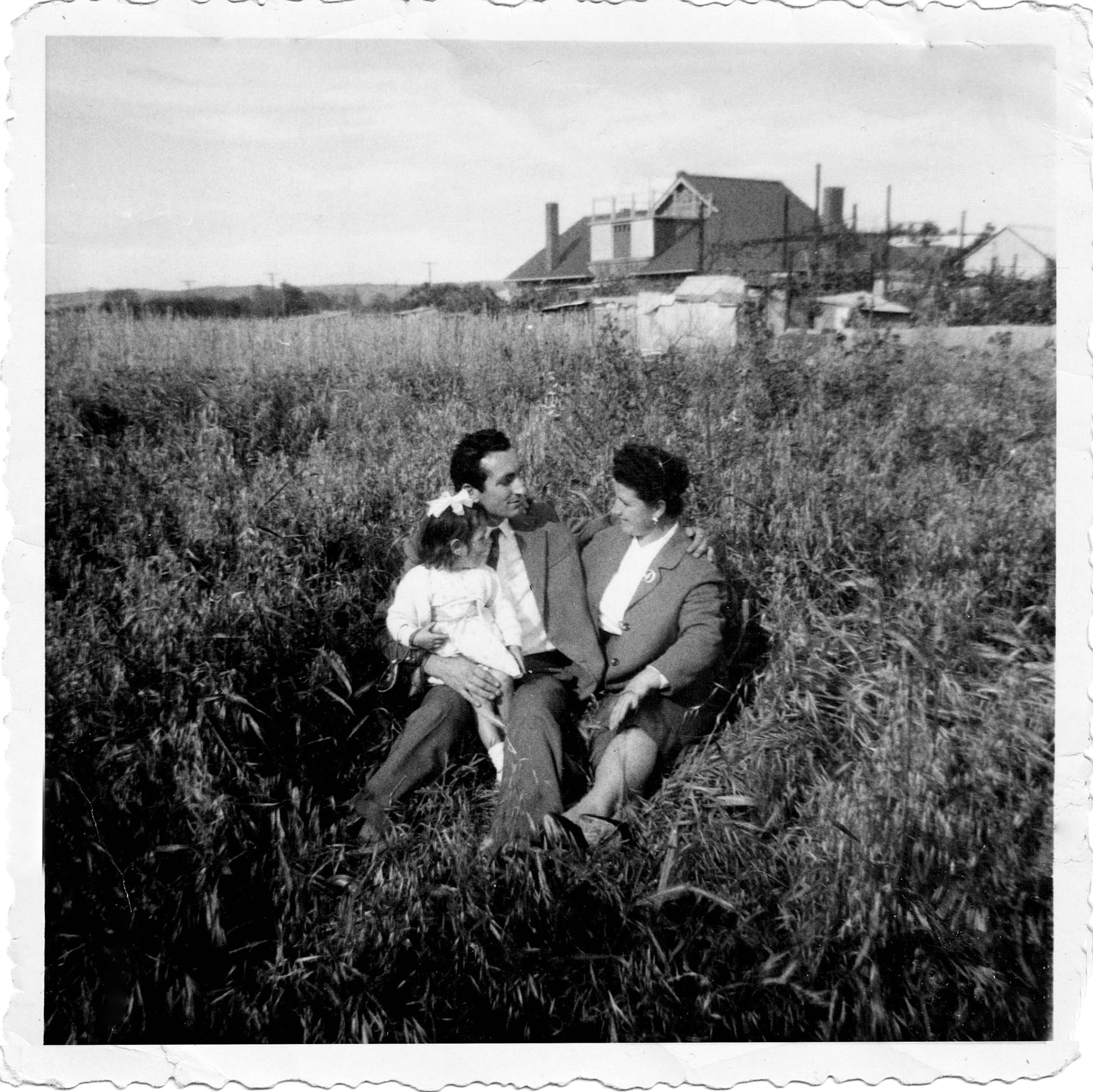
A young Maria Pallotta-Chiarolli with her parents in Adelaide, in 1962
“When Tapestry was published, my parents received threatening phone calls almost daily,” she says.
“The book was labelled as ‘pornography’, due to a few lines in which I discuss sexuality with my daughter.
“Our fellow countrymen told my mother that certain stories are not told, and should be kept in the family.
“But my mother wasn’t ashamed; on the contrary, we would go to bookstores and she would take delight in being on the cover.
“My father would proudly point out my book on the hospital library’s shelves to his colleagues and passers-by.
“I have certainly never forgotten the positive aspects of being a migrant and being a part of a community, such as the wonderful inherited traditions.
“However, many of those traditions, especially in relation to women, sexuality and Catholicism, were really too rigid.
“Along the way, my parents also dealt with the Anglo-Saxon Australians who objected to my writing.
“They were very often homophobic, racist, and, like the Italians, madly convinced that Church law was not to be defied.”
After she finished university, Pallotta-Chiarolli landed in a boys’ school where she met Jon, a seemingly arrogant and reserved man.
Her friendship with Jon led to the publication of Pallotta-Chiarolli’s book, Someone You Know – A Friend’s Farewell, which was the first Australian biography that dealt with the subject of AIDS.
All proceeds from sales of the book since its publication have been donated to the Bobby Goldsmith Foundation for people living with HIV.
It was in 1993 that the Italo-Australian writer and researcher decided to move to Melbourne, “to escape from a heavy and distressing reality”.
“In Victoria, I began to mingle with Italians and activists who spent their days chasing progress,” she says.
“Success was not synonymous with the biggest house or the fastest car, or even the most expensive clothes worn by one’s children.
“Being successful meant being able to give citizens a voice, through supporting families and the gay and multicultural communities.”
Over the years, Pallotta-Chiarolli has gained domestic and international recognition as a writer, researcher, activist and consultant on cultural, family, social and gender diversity, with a specific focus on adolescence and the youth.
In the 1990s, she was the first author to undertake empirical research and to write about sexual diversity in relation to ethnicity.
Today, she is an honorary member of Deakin University, “to continue to support academic colleagues and to get away from the sick dynamics of universities that are turning more and more into businesses”.
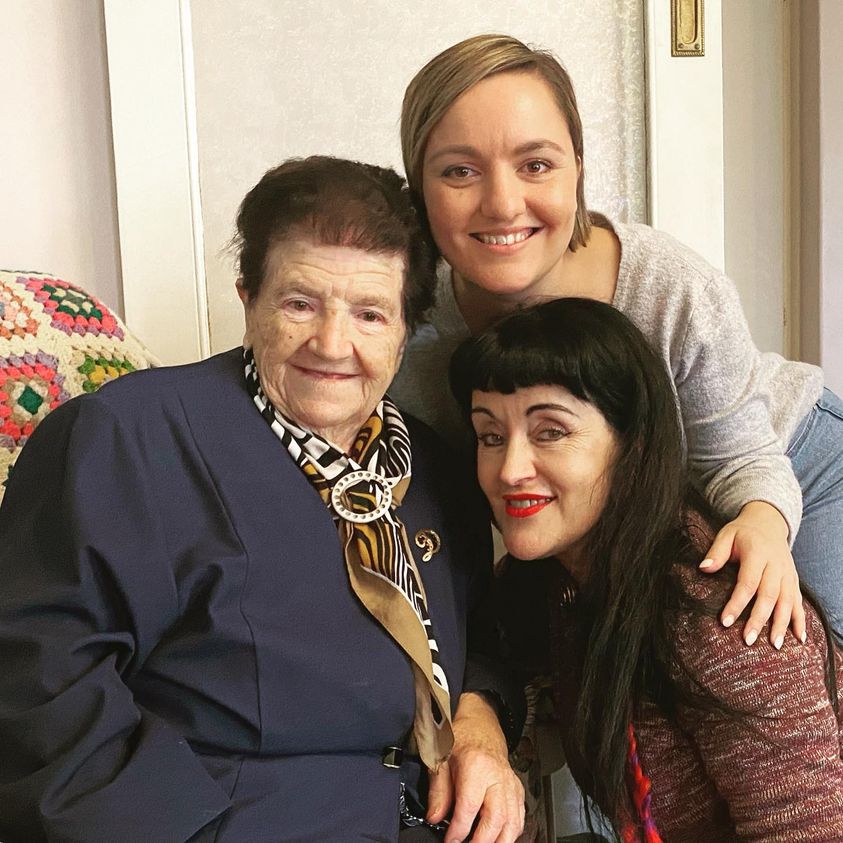 Three generations of women: Maria Pallotta-Chiarolli (centre) with her daughter Steph and her mother Dora
Three generations of women: Maria Pallotta-Chiarolli (centre) with her daughter Steph and her mother Dora
Now, Pallotta-Chiarolli fills her days with a new project on Aboriginal populations with an Italian or Greek family backgrounds, whilst taking part in the female collective of talented writers, Listen Women.
She imagines a future in which the children of migrants and the younger generations can understand their privilege, using it to mark a new future.
“In 1996, I received a letter from George Pell; he called me a ‘dissenter’ and wanted to prevent me from continuing to work in schools,” she says.
“Simply because we wore rainbow headbands at St Paul’s Cathedral in Melbourne to symbolically protest against his disgusting words on gay rights.
“I laughed at it then and I still laugh at it today.
“Today there are too many privileged families who don’t know what it means to fight for a just cause; their parents have never been cleaners.
“And here, what happens when we’re faced with a pandemic? We run to the supermarket to stock up on toilet paper.
“The refugees I work with laugh at me and ask: ‘Maria, what’s wrong with people in this country? We lived in a refugee camp for three years without toilet paper’.
“I would like Italo-Australians to be more vocal when it comes to the rights of Indigenous people.
“My mother came to this country, and she was scared of Aboriginal women, because of what the white women said about them.
“In the nursing homes where she worked as a cleaner, she would hear Indigenous people described with terrible, offensive words.
“She had to unlearn all of that, through my daughter and me.
“I’d love to see Australia challenge its current trajectory and go: ‘You know what, we’re going to stand up for refugees, new migrants and LGBTQIA+ communities’.
“Let’s not let ourselves be taken over by what I call ‘historical amnesia’; let’s fight against this mean-spiritedness.”

